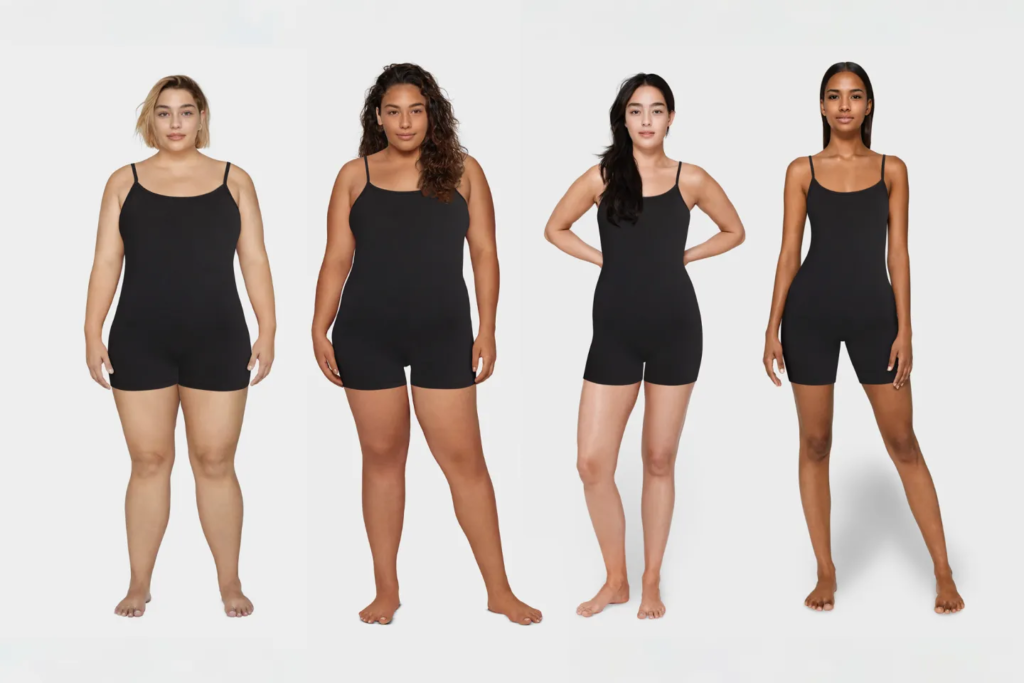Black-Owned Fashion Startup That Creates Diverse AI Models Gets Acquired

Browzwear, a digital apparel design software firm, has acquired Lalaland, an AI fashion model startup, to boost its AI capabilities and broaden Lalaland’s global reach. The financial terms of the deal were not disclosed, WWD reports.
“And it’s a WRAP. Absolutely surreal Lalaland has been acquired by Browzwear. It’s the end of a wild era and the start of an even bigger one,” Michael Musandu, Co-Founder and CEO of Lalaland, said in a LinkedIn post.
Browzwear acquiring Lalaland.
Amsterdam-based Lalaland aims to make fashion more inclusive by allowing retailers to showcase products on diverse body types without physical photoshoots. The platform speeds up design-to-market timelines, reduces physical sampling, and supports sustainability by minimizing waste.
Founded in 2019 by Michael Musandu and Ugnius Rimsa, Lalaland became the only Dutch startup selected for Google’s Black Founders Fund in 2021. The company has raised $4 million and worked with brands like Tommy Hilfiger, Calvin Klein, and Levi’s. Musandu, who was born in Zimbabwe and raised in South Africa was listed to Forbes Europe 30 Under 30 in 2023.

As part of the acquisition, Musandu and the rest of his tech team are being brought in-house, so Lalaland’s AI scientists and engineers will partner up with Browzwear’s research and development to create fit models, automated imagery pipelines, and other aspects as part of the deal.
“Our customers want absolute confidence in their digital twins. Lalaland’s hyper‑realistic, diverse AI models supercharge that trust and dramatically cut the time between concept and commerce,” Browzwear’s CEO Greg Hanson said.
The rise of AI models
There’s been an increase in the use of AI. Recently, Vogue has received backlash for the use of an AI-generated model in its August issue. The double-page Guess advertisement, created by AI marketing agency Seraphinne Vallora, features a blonde model wearing two different outfits.
Seraphinne Vallora specializes in “editorial-level AI-driven marketing campaigns and cinematic videos. When asked about the choice of race for the model, the agency put the blame on its Instagram followers. “We’ve posted AI images of women with different skin tones, but people do not respond to them,” cofounder Valentina Gonzales told the outlet, “we don’t get any traction or likes.”
The incident adds to growing concerns about how AI may be reinforcing racial bias in fashion. The industry has long struggled with diversity, particularly when it comes to Black representation.
A similar debate resurfaced when the fashion brand Levi’s partnered with LaLaLand.ai as Musandu, wanted to use AI-generated models and “increase diversity” in the fashion industry.
Image Credit: Arjan Benning



